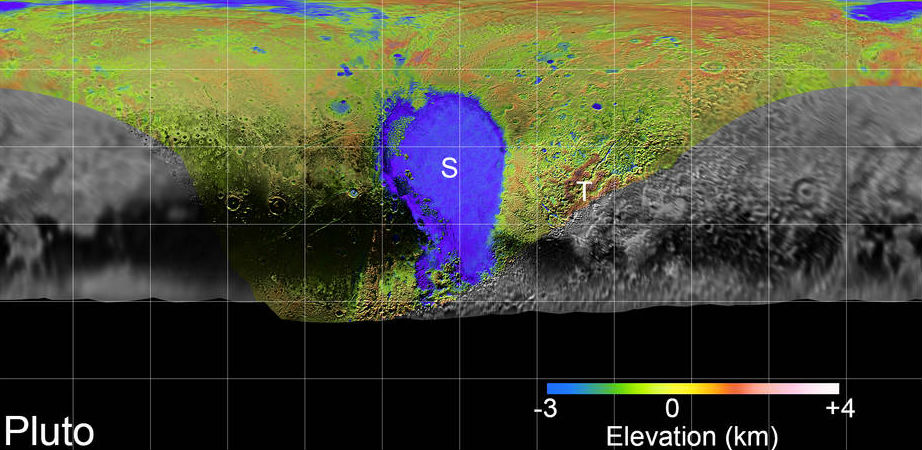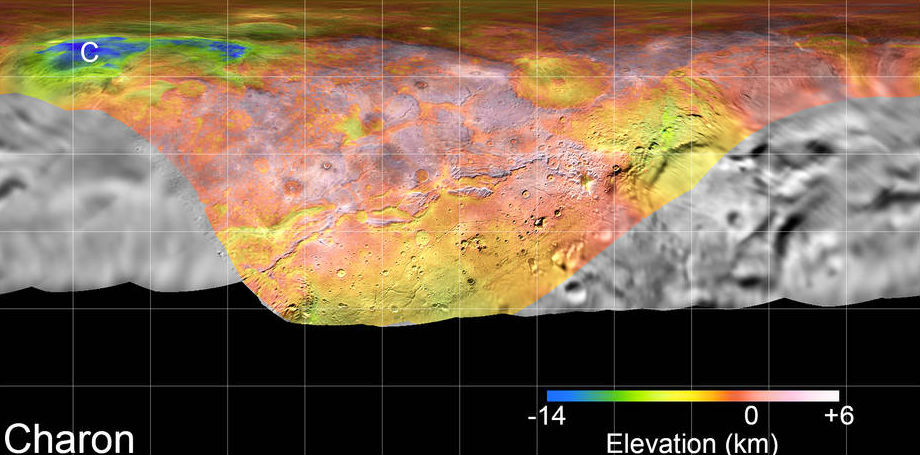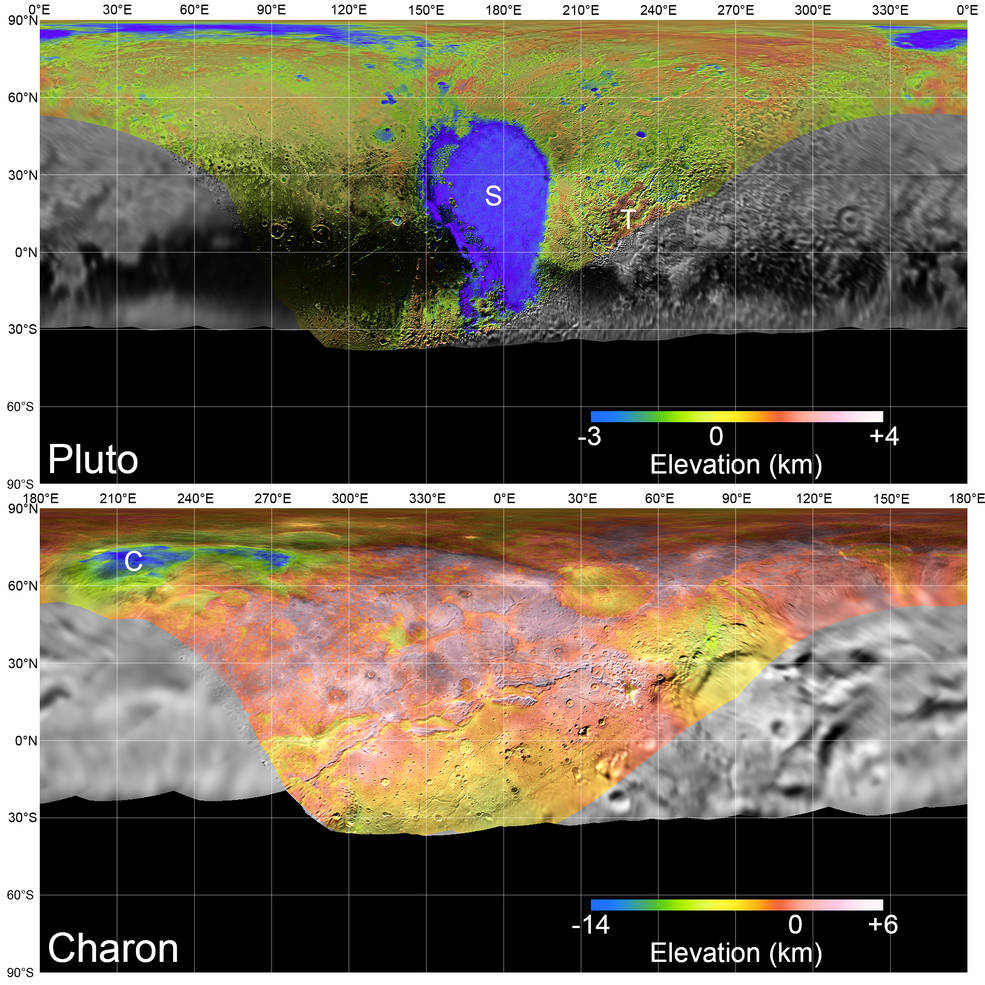1 of 3


On July 14, 2015, NASA's New Horizons spacecraft made its historic flight through the Pluto system - providing the first close-up images of Pluto and its moons and collecting other data that has transformed our understanding of these mysterious worlds on the solar system's outer frontier. Scientists are still analysing and uncovering data that New Horizons recorded and sent home after the encounter. On the two-year anniversary of the flyby, the team is unveiling a set of detailed, high-quality global maps of Pluto and Charon.
Credit: IANS
2 of 3


"The complexity of the Pluto system -- from its geology to its satellite system to its atmosphere -- has been beyond our wildest imagination," said Alan Stern, New Horizons principal investigator from the Southwest Research Institute in Boulder, Colorado. "Everywhere we turn are new mysteries. These new maps from the landmark exploration of Pluto by NASA's New Horizons mission in 2015 will help unravel these mysteries and are for everyone to enjoy," Stern added.
Credit: IANS
3 of 3
![The spacecraft is now 5.7 billion kilometres from Earth, venturing deeper into the distant, mysterious Kuiper Belt to reach its next target. On New Year's Day 2019, New Horizons will zoom past a Kuiper Belt object known as 2014 MU69, NASA said. NASA,Pluto,Charon,Pluto map,Charon Map,Pluto flyby,NASA,largest moon]()

The spacecraft is now 5.7 billion kilometres from Earth, venturing deeper into the distant, mysterious Kuiper Belt to reach its next target. On New Year's Day 2019, New Horizons will zoom past a Kuiper Belt object known as 2014 MU69, NASA said.
Credit: IANS







